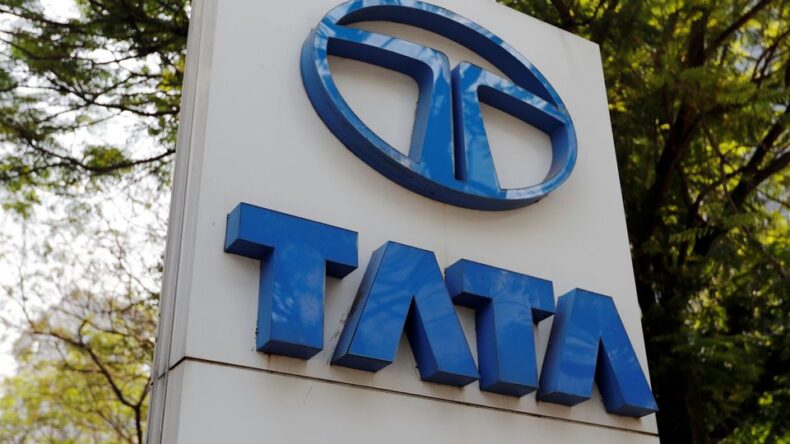Tata unveils Tigor EV, its second EV in the domestic market, available in two colours. Tata Motors launched its second electric car in the Indian market. The Tigor EV is the sequence-based model to Tata’s Nexon EV, introduced last year in January.
Tigor EV, launched on 31st August 2021, comes in three models. According to an article in the Times of India, XE, XM, and XZ+ are models ranging between 11.99 lakh and 12.99 lakh. The report stated that no dark edition is launching.

The prices in various states might differ as per their tax rates. Wherein some states offer tax benefits to promote EV automobiles. In India, 13 states have approved policies to encourage the adoption of electric vehicles and cut down the greenhouse effect.
The list includes Andhra Pradesh, Karnataka, Madhya Pradesh, Uttar Pradesh, Uttarakhand, as reported by Business Standard.
Adaption of Electric Vehicles
Krishna Pal Gurjar, the Minister of State for Heavy Vehicles, said that these states “have approved/notified dedicated EV policies to promote adoption of electric vehicles”.
He even told The Business Standard that the National Electric Mobility Mission 2020 (NMMP) is a national mission. It provides a vision to promote the adoption of EVs in the country.
The National Electric Mobility Mission aims to achieve national fuel security by promoting hybrid vehicles and EVs.
According to Drishti analysis, India’s government has undertaken various steps like tax cuts and exemption from road permits to popularise EVs. Tata Motors has used the Ziptron chip technology as modules in both its EVs.
The battery size in Tigor EV is IP67 rated and is 4kWh smaller than the 30-kWh battery size in Nexon EV.The technology enables fast charging from 0-80% in just an hour.
Despite the smaller battery size, Tigor EV offers more kilometres in a single charge (312km/charge). On the other hand, Nexon EV delivers around 220-250 kilometres per single charge, TOI reported.
Bookings are now open
The new EV is launched for 11.99 lakh in India and is open for bookings. According to FirstPost, a four-star Global NCAP Crash Test Rating is awarded to the EV.
The EV will be available in two colours, and the customers can make bookings with an amount of Rs 21,000.
Some of the car’s insights include Apple CarPlay, automatic climate control, rear parking sensors, and a rotatory drive selector instead of a gear lever. The car also has a 7-inch touchscreen connected to the Harman audio system and a push start button.
Tata Motors has bagged the leading position in India’s EV market through its cars being pocket friendly for customers.
Hence standing as a beacon for the development of EV market scale. Looking at the increasing demand for EVs, various foreign companies have shown interest in launching their products in India.
Launch of Tesla
The most famous among all being Tesla. Tesla’s CEO Elon Musk showed interest last year to launch his cars in the Indian market. But alongside showed concerns about the high import taxes levied by the government on foreign goods.

He made his demand clear that import duties are supposed to slash to promote entry of Tesla, but so far, not a single move has taken place in this respect.
Tata Group, which holds an essential position in the Automobile and EV market, has vehemently opposed this demand of cutting down on import duties.
President of Tata Motors Passenger Vehicles Shailesh Chandra, when asked if to consider the demands made by Tesla and Hyundai, told Times of India that accepting the order of Tesla would be contrary to the government’s FAME policy.
FAME is a national policy aimed at bringing EVs at economical prices (below 15 lakhs) and promoting the localisation of the automobile industry.
The government is taking steps to localize and promote environment-friendly vehicles. With more EVs launching, India expects to take its place on the global platform.













